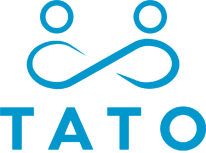
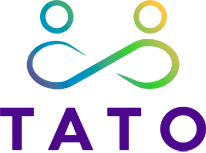
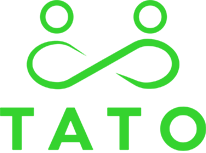
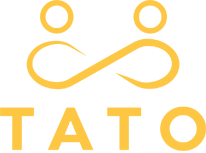
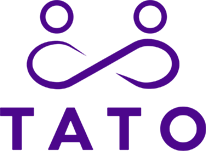
Upcoming Workshops
TA101 - Intro to TA
Menu






This seminar, Pets in the Therapy Space on 22 November, will focus on the often discounted aspect of a child’s (or adult’s) significant attachment relationship

Is burnout becoming more a problem in the workplace and our home lives? Would a change of direction help tackle the crisis in mental health

What makes Imago Relationship Therapy a great way of working with couples? This short video from the Imago Relationship Therapy trainer, Ian Tomlinson, explains why

Is it time to re-evaluate how we view health and healthcare in the UK? It seems that the way we view treating health doesn’t appear

I recorded my last Video blog just after Halloween and then went down like a bag of skittles. There is something about being so extremely
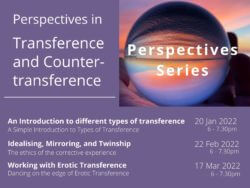
Perspectives in Transference and Counter-transference online seminars A warm welcome to a set of workshops from the TATO. We are delighted to be launching our

Rose Rylands, Whitby Storyteller, talks about the significance of Halloween within the calendar. As you can imagine, its not just about ghosts and ghoulies. To

“Season of mists and mellow fruitfulness, Close bosom-friend of the maturing sun;Conspiring with him how to load and bless With fruit the vines that round the thatch-eves

September is the month of full moon and lammas. A key month for so many reasons – particularly in the agricultural calendar. In this video
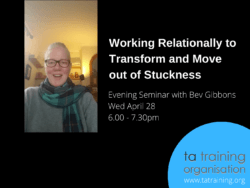
Bev’s Spring Seminar on 28th April is on the subject of ‘working relationally to transform and move out of stuckness’. She will be exploring stuckness